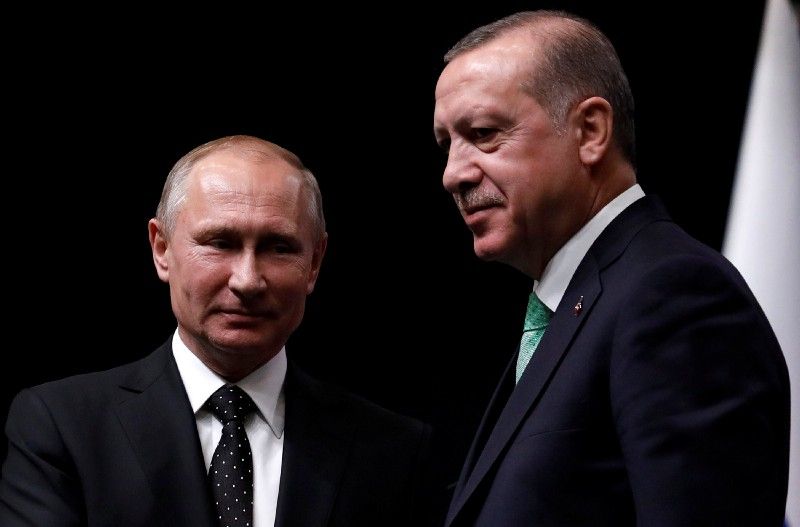There are now more democracies on earth than ever. Well, so much for the good news. While a new Pew study shows that 97 countries are currently democracies, up from just 37 in the mid-1970s, the bad news is that across the globe “democracy” is losing its luster.
Over the past twenty years, popular support for democracy has dwindled globally, especially in many of the Latin American and former Soviet countries that shook off dictatorships just a generation ago. Meanwhile, a third of Americans today say they prefer a strongman to a system of checks and balances, up from just 25% in the mid-1990s, according to the World Values Survey, a global poll. A majority of Indians polled agree.
At the same time, the quality of democracies is deteriorating. Freedom House, an outfit that rates governments’ protection of basic rights, press freedoms, and separation of powers, has registered a steady decline in democratic indicators for more than a decade now. These measures are subjective, but the avowedly illiberal cast of current Central European governments, Turkey’s authoritarian turn after last summer’s coup, or the popular embrace of extrajudicial killings by Philippine President Rodrigo Duterte are stark recent examples of the trend. And a subtler specter of illiberalism arises every time the US president, for example, attacks the media or the judiciary.
To reverse this trend, defenders of democracy face three daunting challenges. First, deep structural problems of income inequality, social polarization, and corruption have all, in various combinations, eroded faith in the institutions of democratic government, boosting the appeal of strongmen or populist outsiders who promise to fight back, get things done and clean up graft. Second, social media seems to be offering more tools of control to authoritarian governments while exacerbating polarization in democratic societies. And lastly, for many, the spectacular rise of authoritarian China presents a fresh challenge to the idea that liberal democracy is the best route to national prosperity and power.
